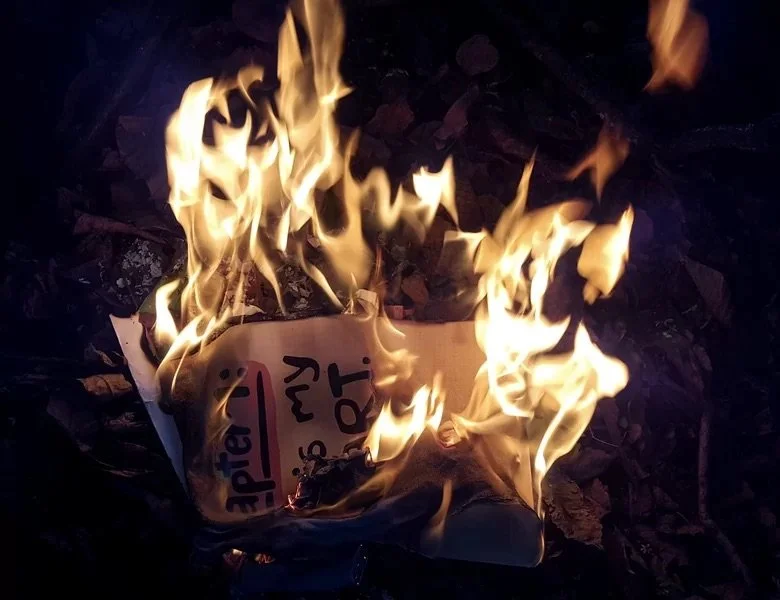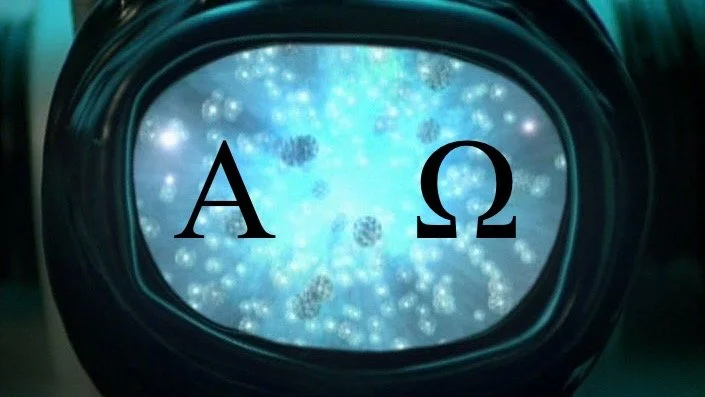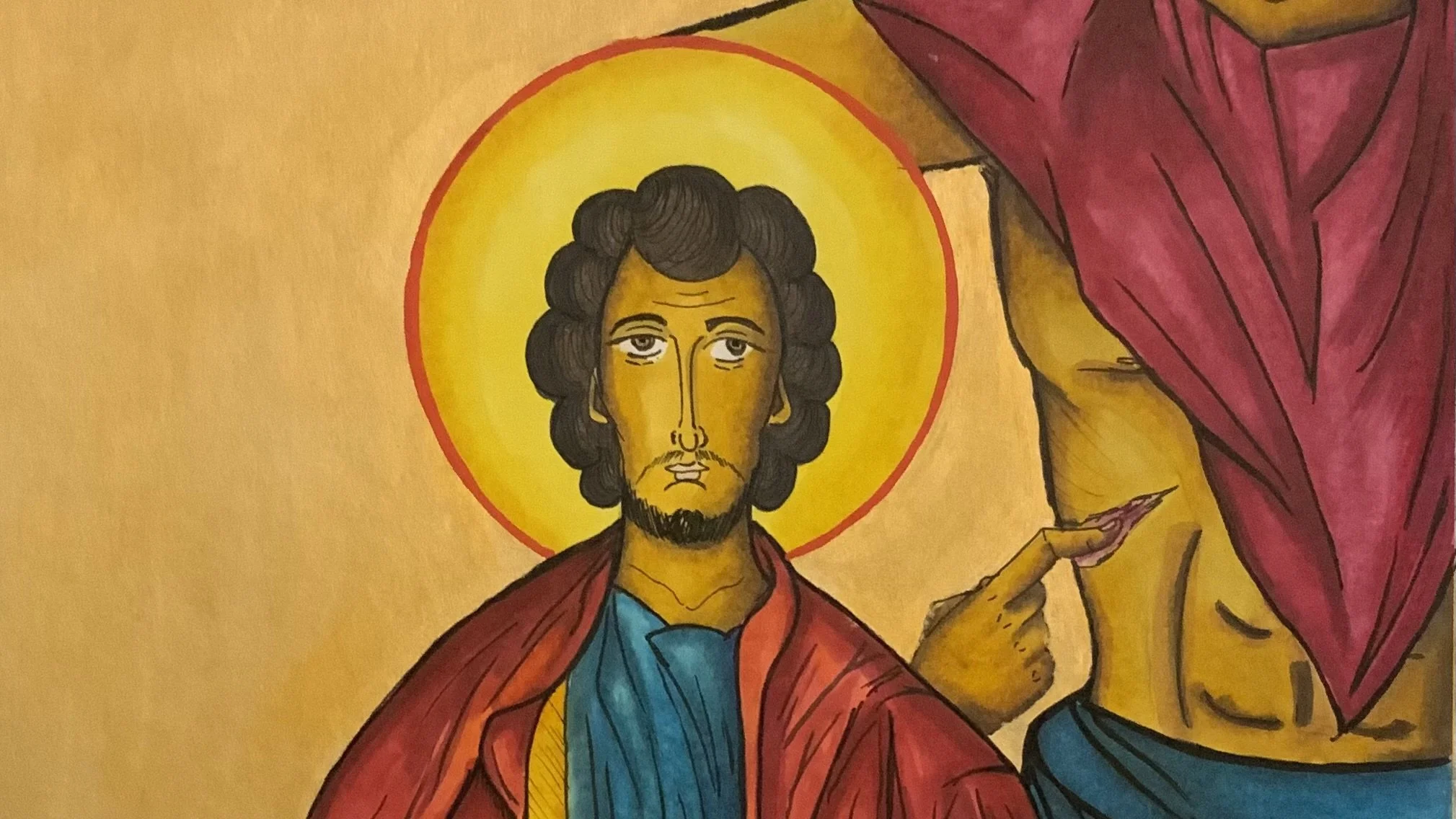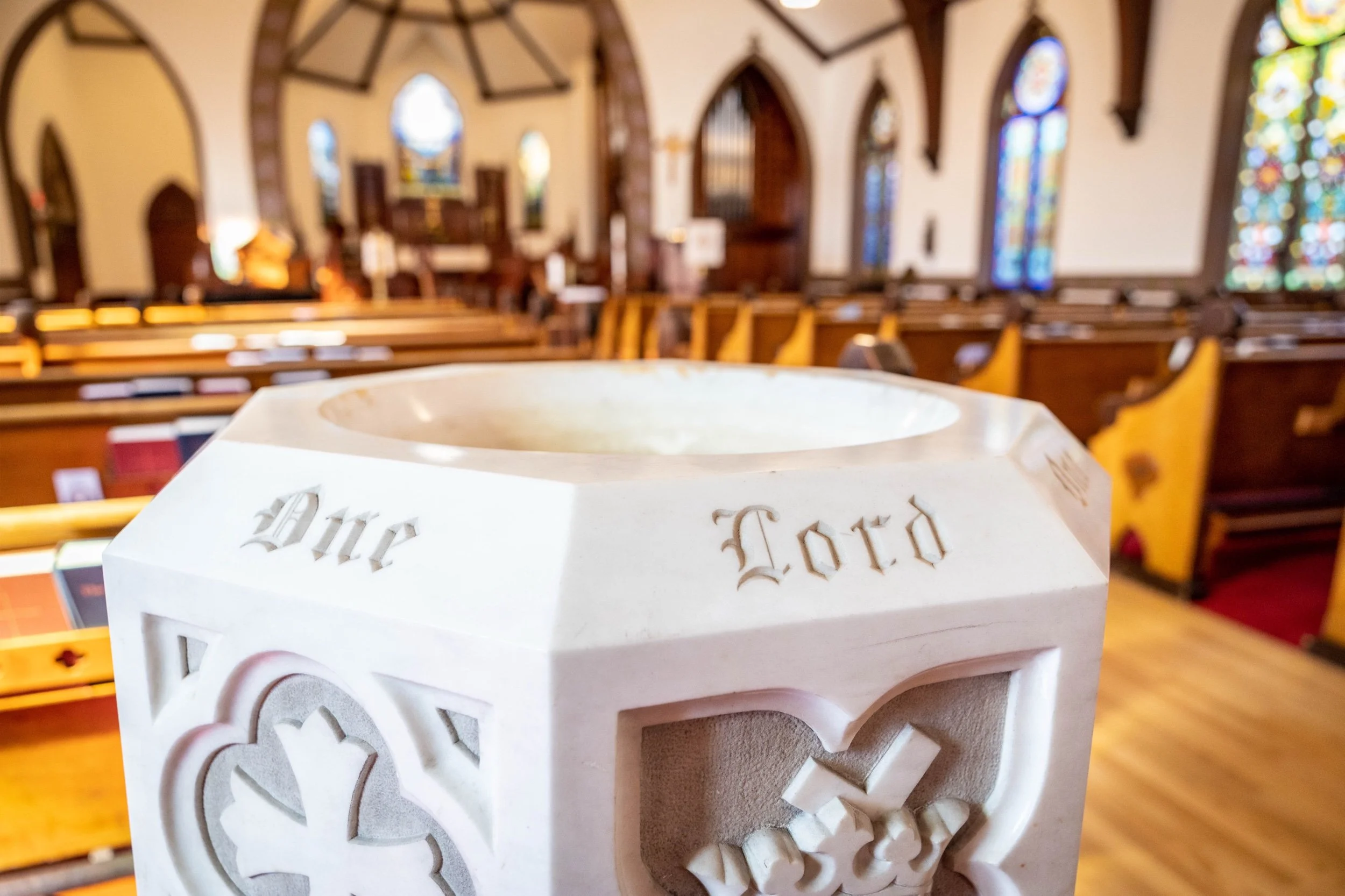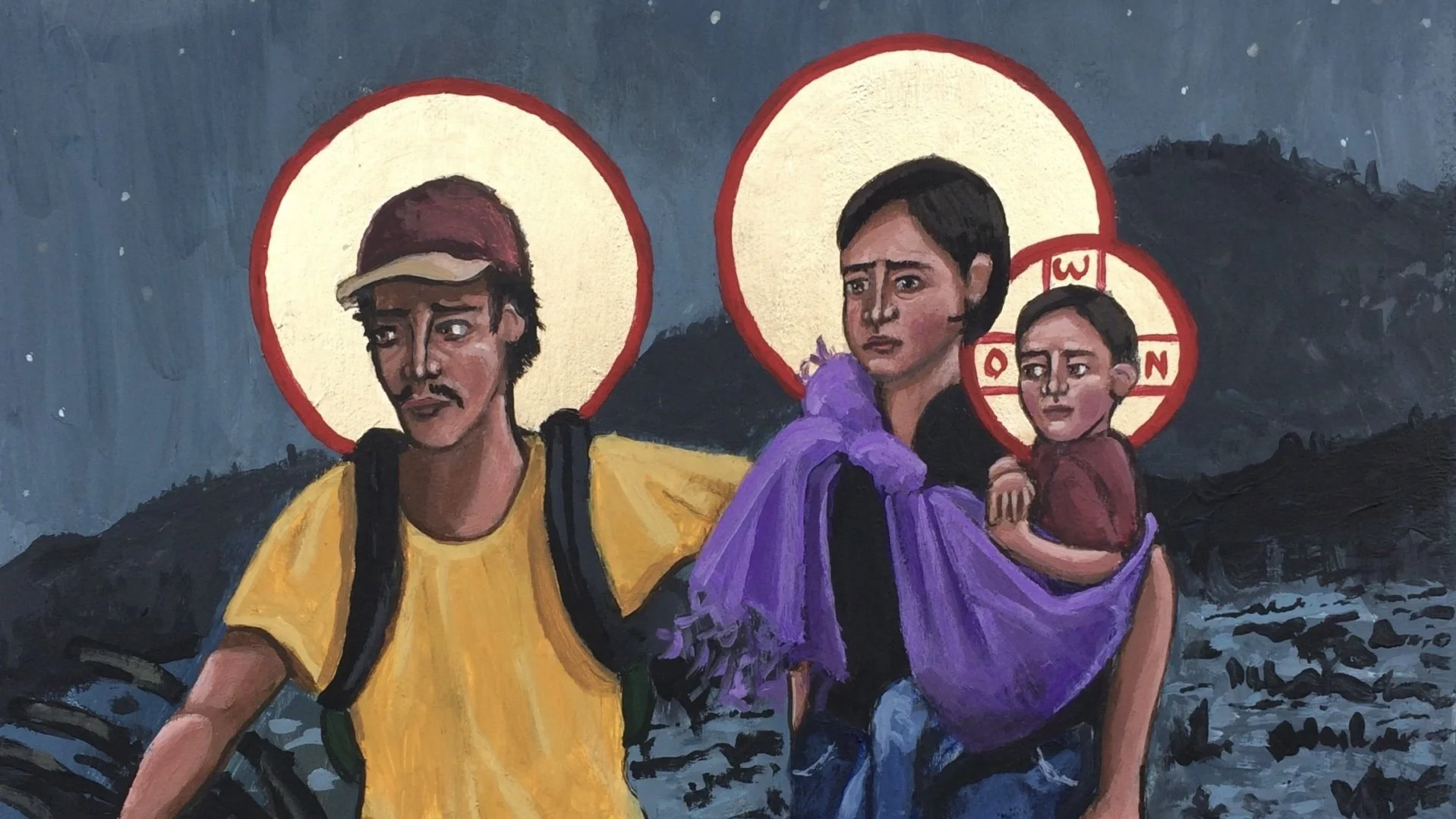A Sermon for Epiphany 6 (Year C)
On my drives between Stillwater and St. Paul, I’ve been listening to the audiobook version of Frank Herbert’s sci-fi novel Dune. Early in the book, a new ruling family arrives to take control of the desert planet Arrakis, and in one of the courtyards, their son finds 20 date palms. Now, date palms have deep roots that burrow into the soil to sustain the tree and produce sweet fruit even in the desert. But there is no moisture on this fictional planet. So these trees—a symbol of power and pride—are kept alive by constant irrigation, each soaking up massive amounts of water. These trees could not survive without this pointless striving of humans watering them. No matter how far the trees stretched out their roots, they would wither in the harsh realities of their world, like the prophet Jeremiah’s desert shrub withering in the heat.


